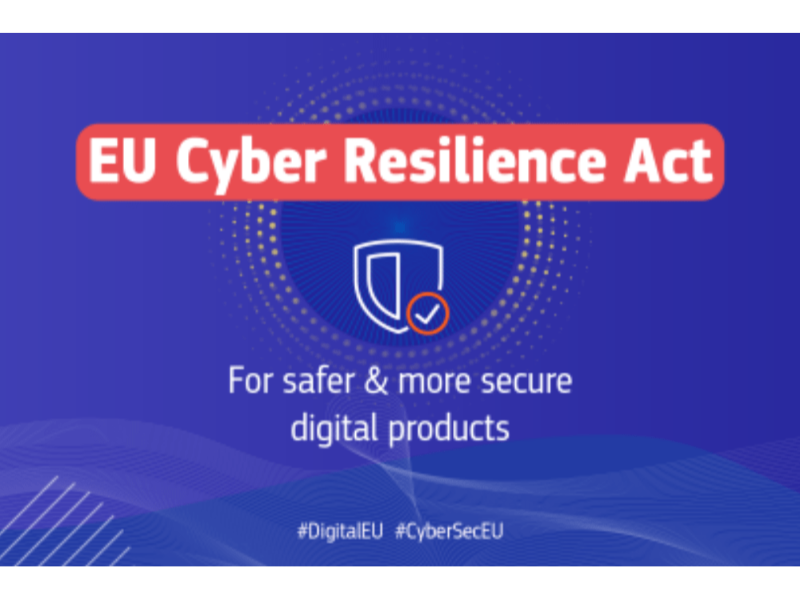- The EU’s Cyber Resilience Act (CRA) is poised to reshape how digital products are regulated across the European Union.
- During the RIPE NCC‘s RIPE Community Presentation published on December 12, 2024, privacy and compliance expert August Bournique broke down the CRA’s implications, particularly for open-source software.
What happened
The CRA, which officially passed in 2024, is the EU’s latest push to ensure security and transparency in digital products with network components. By 2027, all affected products must comply with stringent security requirements. This timeline includes multiple phases, beginning with mandatory breach and vulnerability reporting by manufacturers in 2026.
From 2027 onward, manufacturers will need to adhere to technical documentation standards and obtain certifications for their products. The CRA also introduces a consumer-facing mark to indicate a product’s compliance with EU standards. While this is intended to harmonise security across member states, it comes with challenges, particularly for smaller entities like open-source projects.
Also read: European Commission introduces sustainable finance FAQs
Also read: Virkkunen and Ribera to lead EU telecoms regulation in 2024
Bournique highlighted that open-source projects are generally excluded from the CRA unless they have a commercial element. However, determining what constitutes a “commercial” open-source project remains murky. For instance, receiving donations or providing maintenance services doesn’t necessarily qualify a project as commercial. Yet, projects explicitly sold for integration into commercial products might fall under the CRA’s scope.
The act also relies heavily on self-assessment and certification, which Bournique noted could be problematic due to limited enforcement resources. The EU’s cybersecurity agency, ENISA, and national teams are expected to oversee compliance, but with only around 100 employees at the primary regulatory body, the burden may shift to manufacturers to ensure they meet requirements.
Why this is important
The CRA aims to improve consumer trust and unify cybersecurity standards, but its broad scope could have unintended consequences. Open-source developers, who often operate outside of traditional commercial frameworks, face uncertainty about how—or if—the CRA applies to their work. While most non-commercial projects are likely exempt, projects used in commercial products could still encounter compliance hurdles.
Bournique mentioned that even with exemptions, smaller organisations may struggle with the legal ambiguity and potential costs of compliance. For commercial open-source projects, navigating the CRA could mean hiring legal counsel or risk penalties. However, there are concessions for smaller enterprises, such as reduced fines, and efforts are underway to establish industry-specific standards through NGOs like the Linux Foundation.
The CRA also signals a shift in how regulators view digital product safety. By prioritising cybersecurity from the development stage, the EU hopes to prevent breaches rather than merely reacting to them. However, as Bournique noted, enforcement will likely evolve over time, with interpretations of the law shaping how it applies in practice.
Bournique’s presentation at the RIPE NCC event was particularly timely given the CRA’s implications for the open-source community. As someone experienced in navigating privacy and compliance issues, he provided critical insights into how this regulation may challenge current practices. With the open-source ecosystem playing a vital role in the development of networked technologies, the CRA represents both a hurdle and an opportunity to rethink how digital security is approached.
As the 2027 deadline looms, organisations and developers will need to pay close attention to how these regulations unfold, ensuring their work remains viable in an increasingly regulated digital landscape.

